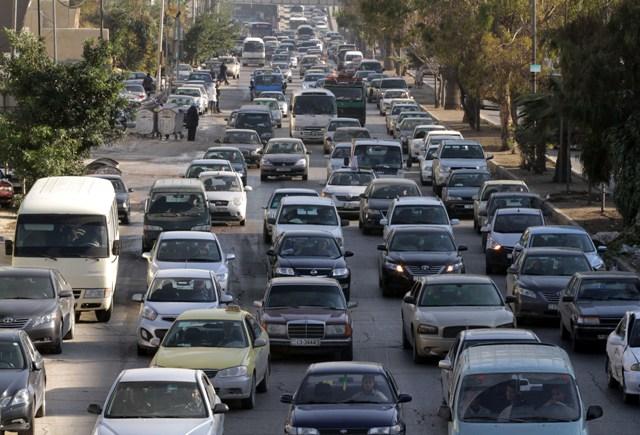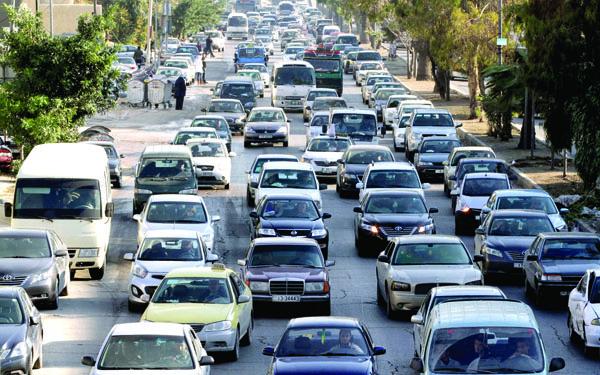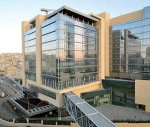You are here
One in every five Jordanians owns a car — study
By Dana Al Emam - Sep 04,2014 - Last updated at Sep 04,2014

AMMAN — The number of private cars in the Kingdom has doubled over the past decade, with an annual increase of 8.4 per cent, according to a Central Traffic Department study.
The 2013 study revealed that Jordanians owned 612,330 private cars in 2004, a figure that increased gradually to exceed 1.2 million vehicles in 2013, with one in every five citizens owning a car, compared to one in every 58 in 1971.
Commenting on the report, economist Hossam Ayesh attributed the increasing number of private cars in the Kingdom to several economic and social factors.
Joining the World Trade Organisation in 2000 and signing several free trade agreements over the past decade helped lower customs duties and facilitated the entry of large numbers of cars into the Kingdom at cheaper prices, Ayesh told The Jordan Times in a phone interview on Thursday.
“Commercial banks have also changed their financing strategies to offer personal loans,” he said, noting that this allows employees with average salaries to take loans and buy cars by paying monthly instalments.
Most importantly, according to the economist, the lack of a comprehensive public transportation network has left Jordanians with no choice but to buy their own vehicles to move around Jordan.
“The regulatory plan for public transportation should entail developing a real transportation network and revamping the streets to accommodate the large number of cars,” he said, calling for stricter regulations on car ownership in order to limit the number of vehicles on the road.
Ayesh also highlighted people’s desire to move up the social ladder by owning cars as an “increasingly and vastly spreading phenomenon”.
“Owning a car has become one of the main indicators of leading a well-off lifestyle,” he said.
The increase in real estate prices and rents in major cities has also forced some Jordanians to live in remote areas and buy their own vehicles to commute to work, Ayesh noted.
According to the study, Jordan’s population grew by more than 5 million between 1971 and 2013, reaching 6.5 million.
The economist estimated the Kingdom’s current population at around 10 million, citing natural growth as well as the influx of large numbers of refugees and guest workers over the past 10 years.
He noted that the rising number of private cars adds further pressure on Jordan’s energy bill and requires more infrastructure facilities that are sometimes “unnecessary”.
The expense of buying and maintaining cars amounts to around JD1 billion every year, Ayesh said, pointing to the growing likelihood of accidents as a result of traffic jams.
Jordan Free Zone Investors Association (JFZIA)President Nabil Rumman agreed with Ayesh on the “very poor” performance of the public transport sector being a main reason for Jordanians to buy cars despite the high prices.
Rumman said customs duties in Jordan are considered high in comparison with other countries in the region, noting that only Syria and Egypt impose higher taxes on cars.
“In all Gulf countries, residents pay only 5 per cent of the cost of their new cars,” he said.
In Jordan, which imports an average of 55,000 new and used cars every year, the special tax on imported vehicles is 90 per cent of the estimated value of the car.
According to a JFZIA statement made available to The Jordan Times, over 40,000 used cars were sold during the first eight months of 2014, compared to around 44,000 during the whole of last year.
Related Articles
AMMAN – The government’s recent decision to increase the ownership transfer fees of cars will harm the automobile trading sector, the Jordan
Jordanians borrowed JD363 million from commercial banks in 2013 to buy cars, according to banks' figures.
Jordanians borrowed JD363 million from commercial banks in 2013 to buy cars, according to banks' figures.

















